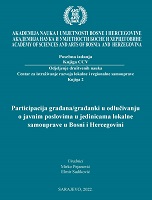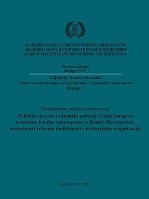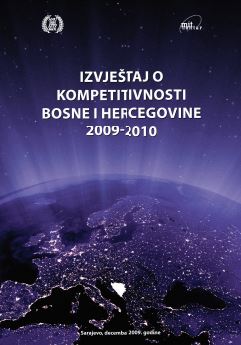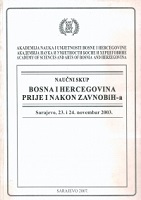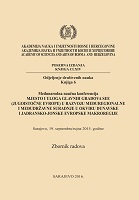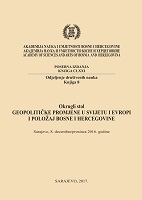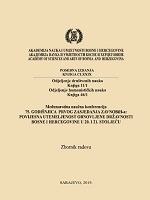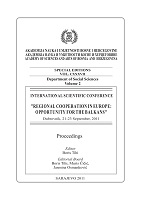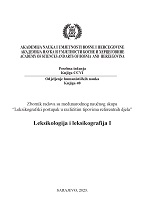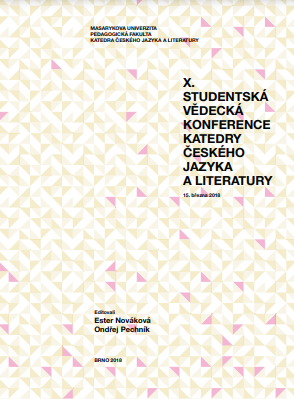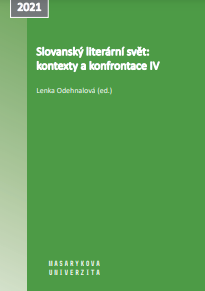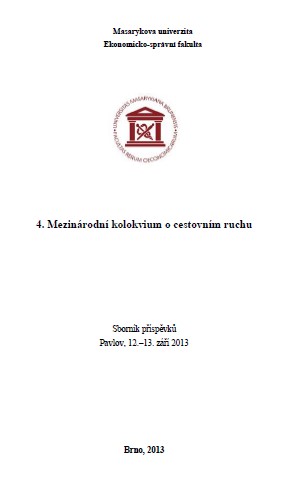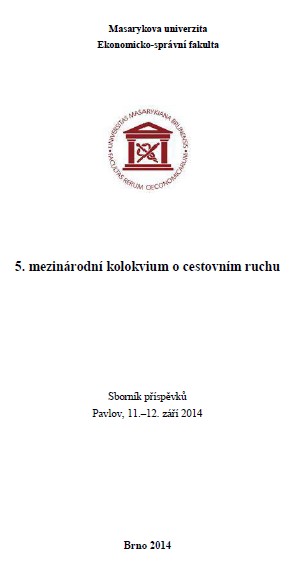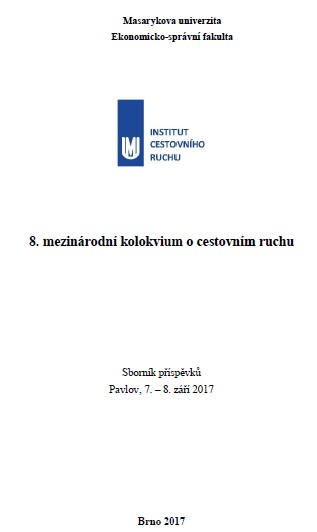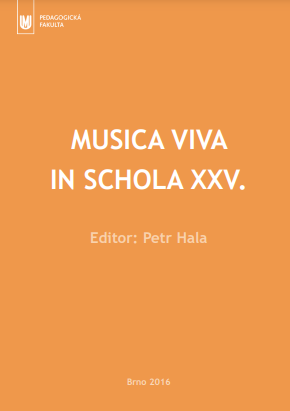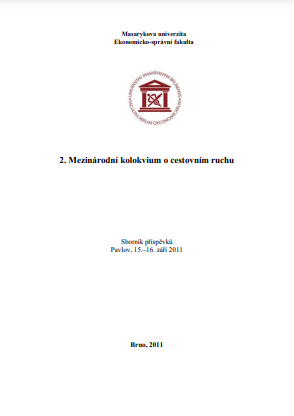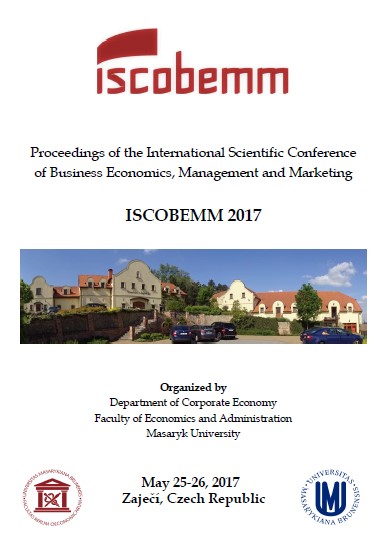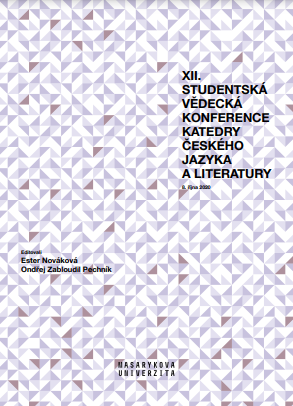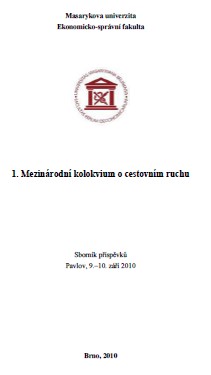Author(s): Mirko Pejanović / Language(s): Bosnian
Publication Year: 0
Within the antifascist People’s Liberation Movement in Yugoslavia and Bosnia and Herzegovina during the Second World War there was an idea of ZAVNOBIH as the general political representation of citizens and peoples in Bosnia and Herzegovina. Based upon idea of ZAVNOBIH there was renewed and established the contemporary statehood of Bosnia and Herzegovina, on the First Assembly of ZAVNOBIH in 1943. Organization of Bosnia and Herzegovina’s society is based upon decisions of the First (1943), the Second (1945) Assembly of ZAVNOBIH and it became the historical based political form of multi-ethnic and multicultural organization of society that exists in Bosnia and Herzegovina for more centuries. The essence of its statehood is the impartiality and unity of citizens and peoples that live in Bosnia and Herzegovina. United in the fight for freedom, representatives of peoples decided that citizens and peoples, in brotherhood and unity, will build federal state unit of Bosnia and Herzegovina within Yugoslav Federation. In the period after the Second World War, statehood of Bosnia and Herzegovina was developed in the social and historical context related to the process of constitutional, legal and social reforms. During 45 years of existence in piece, Bosnia and Herzegovina has brought its first Constitutional Law in 1946, then Constitutional Law in 1963 and 1974. Its statehood, Bosnia and Herzegovina has strengthened from 1946 to 1990 within three overall reforms: transformation of position regarding BH industry in the Yugoslav Federation; solution of question regarding national subjectivity of Muslims (Bosniaks) in the latest 60-ies of 20th century and the question of national equality of Croatian people. Very special reforms, according to its affects, was the reform in economic, infrastructural and cultural development. From the latest 60-ies Bosnia and Herzegovina develops processing industry and employs million of citizens. Bosnia and Herzegovina have until 1990 developed its statehood up to the highest level of sovereignty in the management of social development. Turning point in social development of Bosnia and Herzegovina began in 1990 when introducing political pluralism and pluralistic party system. In the first year of political pluralism in the governing of Republic Bosnia and Herzegovina Assembly in 1991, there was a decision-making process on state and legal position of Republic Bosnia and Herzegovina within the dissolution process of Yugoslavia. Governing political parties: SDA, HDZ and SDS were confronting among each other upon this issue. One point of view was held by Party of Democratic Action (SDA), Croatian Democratic Union (HDZ), together with 5 opposition parties: SK-SDP, SRS, MBO, DSS I LS. Their mutual viewpoint was that Bosnia and Herzegovina according to the achieved sovereignty from 1943 to 1991 has historical right for state and legal status of independent country, in the same way as it was achieved by other republics in Yugoslav Federation: Slovenia, Croatia, Macedonia and Serbia. On the other side, SDS (Serb Democratic Party) denied statehood of Bosnia and Herzegovina considering it only as the administrative unit in the SFRJ. The point is that SDS was following Milošević’s concept of Great Serbia and in that context, the destruction of Bosnia and Herzegovina sovereignty by army force, inherited from JNA (Yugoslav National Army). Republic of Bosnia and Herzegovina Assembly has found democratic solution for defining state and legal status of Bosnia and Herzegovina. During January of 1992, Republic of Bosnia and Herzegovina Assembly have brought decision on organizing the republic referendum on February 29 and March 1, 1992. Citizen of Bosnia and Herzegovina called out on this referendum in 64% enlisted in election list. For the sovereign and independent status of state Bosnia and Herzegovina have voted 99% of citizens. Based upon the willpower of citizens on sovereignty and independent status of Bosnia and Herzegovina there was an international recognition in April 1992 by EU countries, USA and great number of countries in the world. After that, Bosnia and Herzegovina have received membership in OUN on May 22, 1992. Development of statehood of Bosnia and Herzegovina has historical continuity since the First Council of ZAVNOBIH in 1943 until the referendum of citizens in 1992 on sovereign and independent status of state Bosnia and Herzegovina and international recognition of independence and sovereignty. War against Bosnia and Herzegovina that started after referendum was stopped by Dayton Peace agreement in 1995. Based upon Dayton Peace Agreement, Bosnia and Herzegovina in the first decade of 21st century is developing as the sovereign, independent and European country within its historical and internationally recognized borders.
More...
